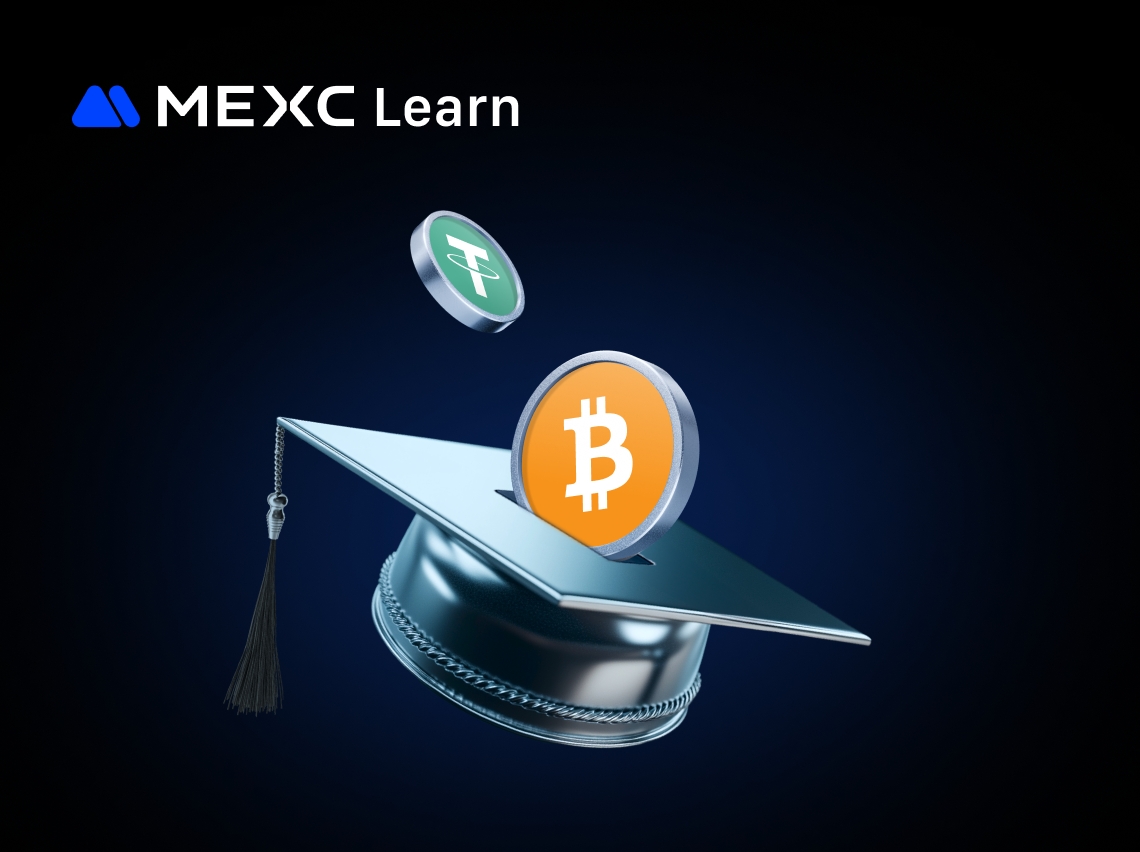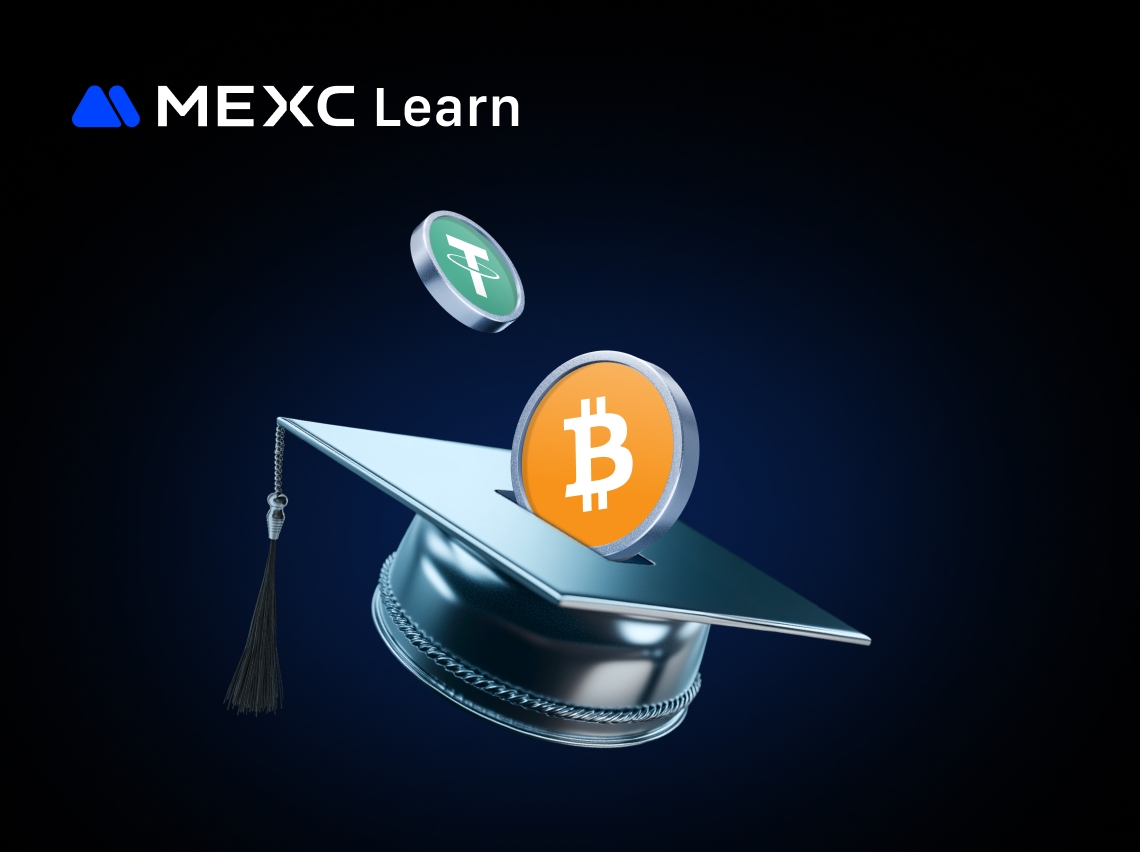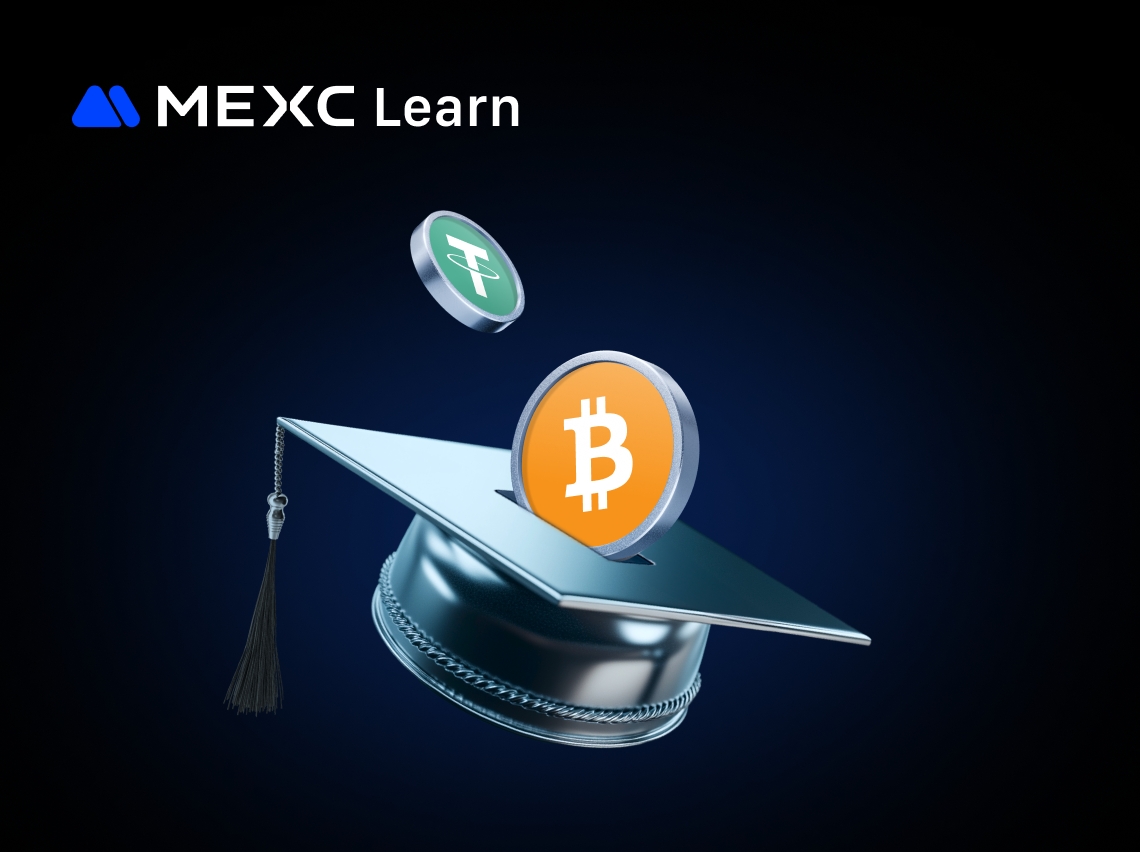1. The Rise of Ethereum as a Payment Currency
Ethereum has undergone a significant transformation, evolving from a popular trading asset to a widely accepted payment method across various sectors. This shift is driven by Ethereum's robust smart contract ecosystem, which provides a secure and efficient way to conduct transactions. As of 2025, cryptocurrencies like Ethereum are increasingly integrated into mainstream commerce, with major brands embracing digital assets not only as a store of value but also as a practical means of payment. Ethereum's versatility, coupled with its widely recognized brand, has made it a preferred choice for businesses seeking to leverage blockchain technology in their operations.
Ethereum's expanding use in everyday transactions is supported by its growing infrastructure and regulatory clarity. Platforms like Flexa's SPEDN enable seamless crypto-to-cash conversions at checkout, making it easier for consumers to use Ethereum for daily purchases. As Ethereum continues to mature, it is likely to play a more central role in the future of digital payments, offering users a convenient and flexible way to spend their digital assets.
2. Ethereum's Expanding Payment Ecosystem
Ethereum powers a robust ecosystem valued over $450 billion, with its adoption accelerating across diverse sectors. The strategic benefits of implementing Ethereum payment solutions are multifaceted. For businesses, Ethereum offers a secure and transparent way to process transactions, reducing the need for intermediaries and potentially lowering costs. Additionally, Ethereum's smart contract capabilities enable the automation of complex business processes, enhancing efficiency and reliability.
Global cryptocurrency adoption trends indicate a significant shift toward a crypto-enabled economy. Ethereum, with its strong brand recognition and technological advantages, is at the forefront of this trend. As more businesses integrate Ethereum into their payment systems, the ecosystem continues to expand, driving further innovation and adoption. This growth is supported by the increasing maturity of blockchain infrastructure and regulatory environments, which are essential for widespread adoption.
3. Major Businesses Embracing Ethereum Payments
Several prominent businesses across various industries have begun accepting Ethereum as a form of payment. E-commerce platforms like Overstock and Newegg have integrated Ethereum payment options, providing consumers with the flexibility to use their digital assets for online purchases. Gift card providers such as Bitrefill allow users to purchase gift cards with Ethereum, which can then be used at major retailers. Travel companies like Travala also accept Ethereum, enabling users to book flights and accommodations using their digital assets.
Beyond e-commerce and travel, professional service providers and brick-and-mortar retail locations are also embracing Ethereum payments. This widespread adoption is driven by the convenience and security Ethereum offers. As more businesses join the Ethereum payment ecosystem, consumers have increasing opportunities to use their digital assets in everyday transactions, further solidifying Ethereum's position as a viable payment solution.
4. Getting Started with Ethereum Payments: A Beginner's Guide
For those new to using Ethereum for payments, getting started is straightforward. The first step is to set up a digital wallet that supports Ethereum. Platforms like Best Wallet, which is highly regarded for its security and user-friendly interface, are ideal for beginners. Once a wallet is set up, users can acquire Ethereum through reputable platforms like MEXC, which offers a secure and efficient way to buy and store cryptocurrencies.
After acquiring Ethereum, users can locate ETH-friendly merchants through online directories or by checking directly with local businesses. At checkout, users simply need to select Ethereum as their payment method and follow the prompts to complete the transaction. Implementing security practices, such as using strong passwords and enabling two-factor authentication, is crucial to protecting digital assets. Additionally, users should be aware of gas fees and how they can impact transaction costs, especially during network congestion.
5. Answering Your Questions: ETH Payment Essentials
Common questions about Ethereum payments include concerns about security, gas fees, and merchant return policies. Ethereum transactions are secure due to the blockchain's decentralized and immutable nature, ensuring that once a transaction is confirmed, it cannot be altered. Gas fees, which are necessary for processing transactions on the Ethereum network, can vary based on network congestion. Users can manage these fees by adjusting their transaction settings or using Layer 2 scaling solutions to reduce costs.
Recommended wallet solutions include those that offer robust security features and user-friendly interfaces, such as Best Wallet. For recurring payments, users can set up automatic transactions through their wallets, although this feature is not universally supported across all merchants. In-person payments can be facilitated using mobile wallets that support Ethereum, making it possible to use digital assets at brick-and-mortar locations.
6. The Evolving Landscape of Ethereum Payment Solutions
The landscape of Ethereum payment solutions is evolving rapidly, driven by advancements in technology and regulatory clarity. Layer 2 scaling technologies, such as Optimism and Polygon, are significantly reducing transaction costs and increasing the speed of Ethereum transactions. This makes Ethereum more viable for small transactions and everyday purchases, further expanding its use as a payment currency.
The regulatory environment is also playing a crucial role in the adoption of Ethereum payments. As governments and financial institutions become more supportive of cryptocurrencies, businesses are more likely to integrate them into their operations. This support is essential for widespread adoption, as it provides clarity and stability for both merchants and consumers.
7. Extended FAQ: Practical Aspects of Using Ethereum
Beyond the basics, there are several practical aspects to consider when using Ethereum for everyday expenses. For governmental fees, users should be aware of any applicable taxes or regulations in their jurisdiction. To use Ethereum on non-crypto platforms, users can convert their digital assets to fiat currency using services like Flexa's SPEDN or through cryptocurrency exchanges like MEXC.
Transaction monitoring tools are available to help users track their Ethereum transactions and manage their digital assets effectively. Strategies for managing cryptocurrency price fluctuations during purchases include setting price alerts or using stablecoins to mitigate volatility risks. These strategies can help users navigate the dynamic cryptocurrency market with confidence.
8. Embracing the Future of Digital Payments
As Ethereum continues to evolve as a digital payment solution, it is clear that its potential extends far beyond traditional use cases. The expanding network of merchants accepting Ethereum, coupled with advancements in technology and regulatory support, positions Ethereum for a pivotal role in the future of commerce. Encouraging users to establish wallets and begin exploring the growing network of ETH-friendly merchants is crucial for fostering this growth.
By embracing Ethereum payments, consumers can experience the convenience and security of blockchain technology firsthand. As the ecosystem continues to mature, we can expect to see further innovation and adoption, driving Ethereum toward becoming a mainstream payment solution. With its strong brand recognition and technological advantages, Ethereum is poised to play a central role in shaping the future of digital payments.
Description:Crypto Pulse is powered by AI and public sources to bring you the hottest token trends instantly. For expert insights and in-depth analysis, visit MEXC Learn.
The articles shared on this page are sourced from public platforms and are provided for informational purposes only. They do not necessarily represent the views of MEXC. All rights remain with the original authors. If you believe any content infringes upon third-party rights, please contact [email protected] for prompt removal.
MEXC does not guarantee the accuracy, completeness, or timeliness of any content and is not responsible for any actions taken based on the information provided. The content does not constitute financial, legal, or other professional advice, nor should it be interpreted as a recommendation or endorsement by MEXC.
Learn More About Humanity
View More
Pi Network KYC Deadline March 14, 2025: Complete Guide to Verification

Pi Network Launch Date: Complete Guide to February 2025 Mainnet Launch

What is Mog Coin (MOG)? Complete Guide to Mog Crypto Price, Price Prediction, News & Investment
Latest Updates on Humanity
View More
H.I.G. Capital Completes Acquisition of CargoTuff

Solana's Dire Warning: H&S Pattern Drives Sub-$100 Dump

Justin Sun promises to cooperate with law enforcement against ‘ex-girlfriend’ over Tron
HOT
Currently trending cryptocurrencies that are gaining significant market attention
Crypto Prices
The cryptocurrencies with the highest trading volume
Newly Added
Recently listed cryptocurrencies that are available for trading
